That is a content mentioned in the report of the World Bank (WB) at the seminar "Dialogue between universities and enterprises on human resource development in high-tech fields" organized by Ho Chi Minh City National University in cooperation with the Consulates General of the United States, Japan, and Korea in Ho Chi Minh City on August 27.
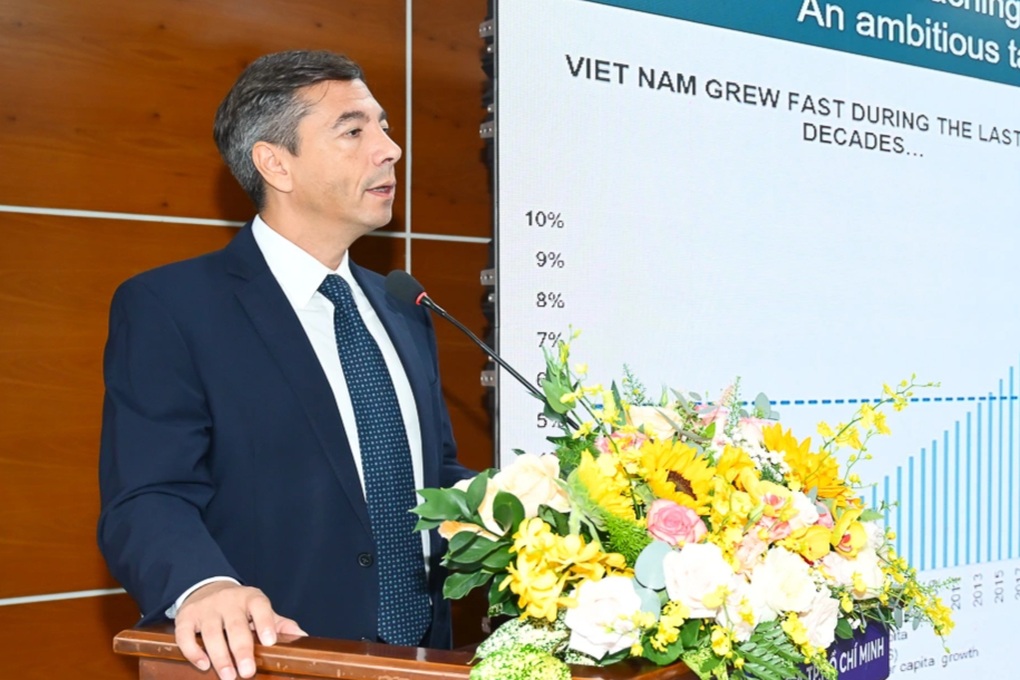
Dr. Andrea Coppola reports at the seminar on the morning of August 27 (Photo: Manh Quang).
The seminar focused on discussing the needs, quality, challenges, and solutions for training high-quality human resources in the fields of semiconductor technology, biotechnology, and artificial intelligence in Vietnam.
In his report, Dr. Andrea Coppola, Chief Economist of the World Bank (WB) in Vietnam, assessed that the application of advanced technology by service enterprises in Vietnam is lagging behind, even among leading enterprises.
One of the challenges for Vietnam to achieve its goal of becoming a high-income country by 2045 is human resources.
Dr. Andrea Coppola said that Vietnam's current supply of highly specialized human resources is still very limited, not meeting the needs of technology industries.
Vietnam is also running out of human resources and finance for research and development.
The report shows that, compared to other countries in the region, Vietnam's lack of funding for research and development, lack of facilities and weak business relations are also major obstacles for universities and research centers in Vietnam.
Among Vietnam's higher education institutions, the lack of funding and human resources for research and development in science and technology are the biggest barriers to quality and training.
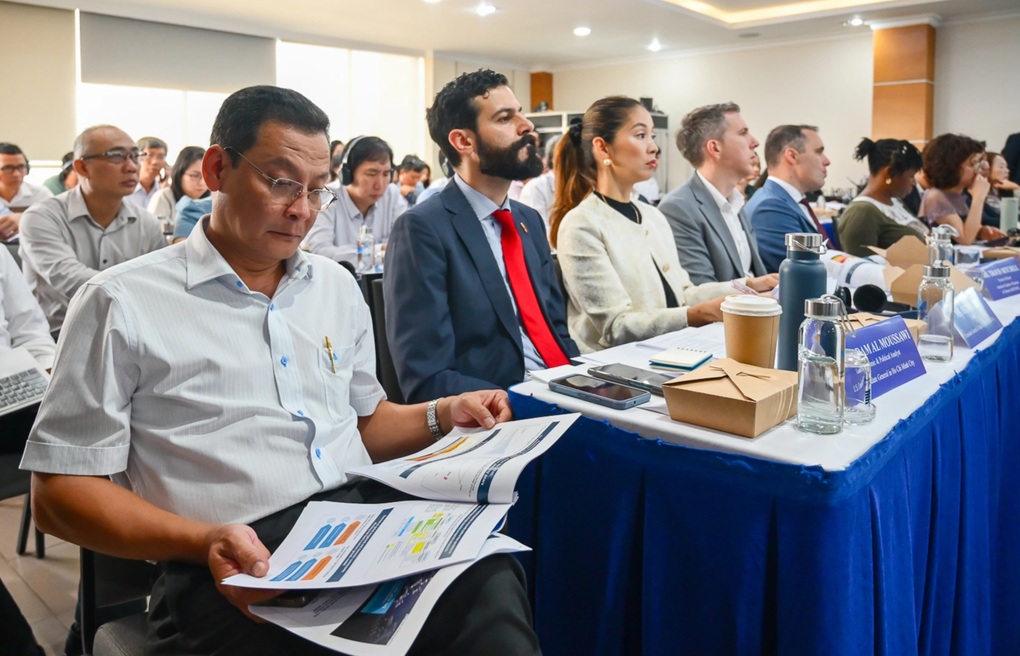
Many domestic and foreign experts discuss high-quality human resources in Vietnam (Photo: Manh Quang).
Vietnam's supply of highly skilled and creative human resources is growing slowly, not meeting the needs of technology industries.
From there, this WB recommends solutions including commitment to supply from higher education institutions, strengthening and expanding investment in training in STEM fields, in which the state plays a leading role.
Associate Professor Dr. Vu Hai Quan, Director of Ho Chi Minh City National University, said that in the development strategy for the period 2021-2030, with a vision to 2045, Ho Chi Minh City National University identified three key areas of training and research, including semiconductor technology, biotechnology, and artificial intelligence.
The strategy identifies training 1,800 engineers and 500 masters in microchip design; training and granting industrial and international certificates in microchip design to about 15,000 engineers.
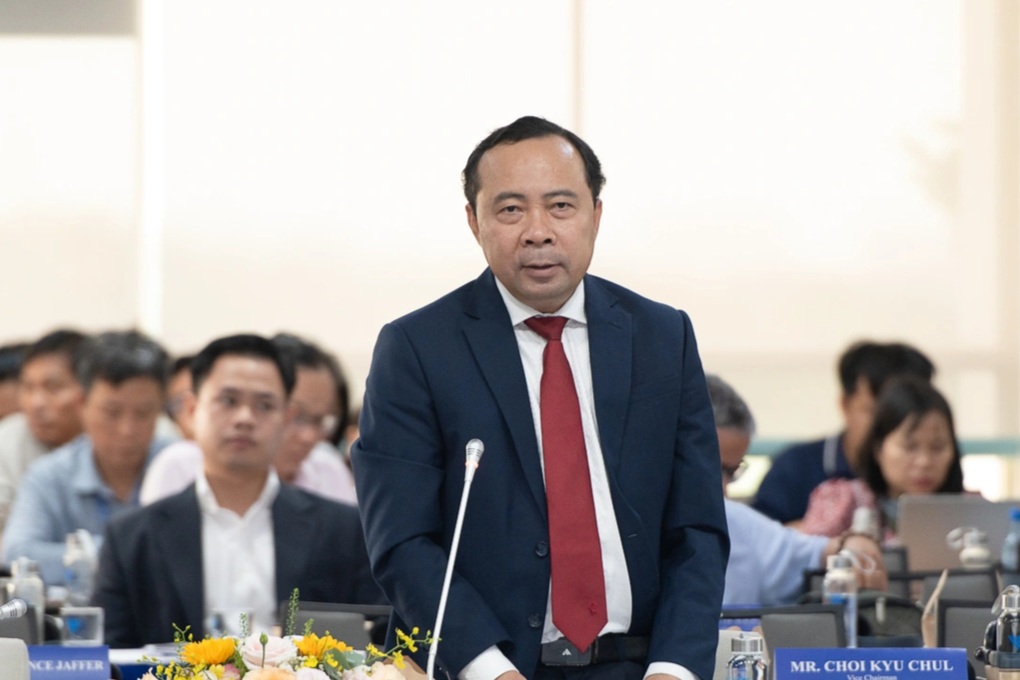
Associate Professor Dr. Vu Hai Quan informed that the National University aims to train 1,800 engineers and 500 masters in microchip design (Photo: Manh Quang).
Training 10,000 engineers, bachelors; 3,200 masters and 600 doctors in biotechnology and some related fields.
Training 20,000 bachelors and engineers; 2,000 masters; 300 doctors in the field of information technology and AI.
Regarding research, Associate Professor Dr. Vu Hai Quan informed that the strategy is determined to master a number of core technologies and foundational technologies in the fields of semiconductor technology, biotechnology, and artificial intelligence. Form a number of initial and start-up businesses in these fields.
Source: https://dantri.com.vn/giao-duc/tien-si-wb-dao-tao-nhan-luc-chat-luong-cao-o-viet-nam-con-nhieu-kho-khan-20240827140828346.htm




![[Photo] Hanoi morning of October 1: Prolonged flooding, people wade to work](https://vphoto.vietnam.vn/thumb/1200x675/vietnam/resource/IMAGE/2025/10/1/189be28938e3493fa26b2938efa2059e)





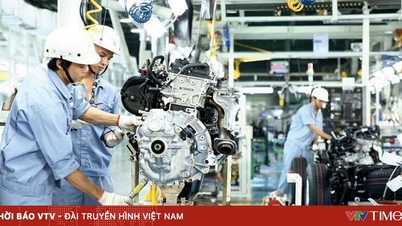

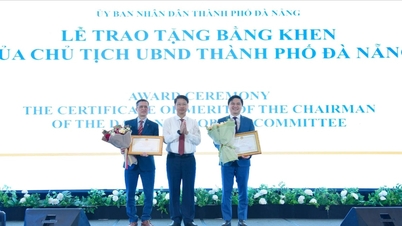

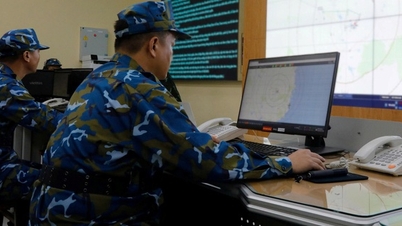

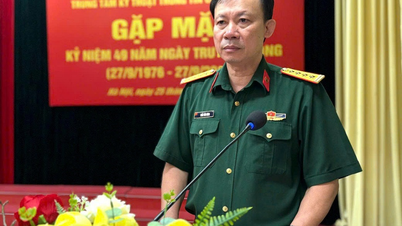



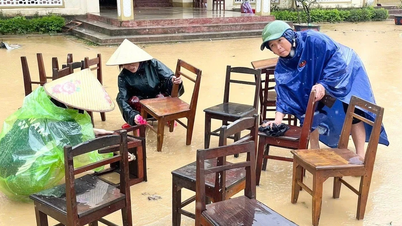


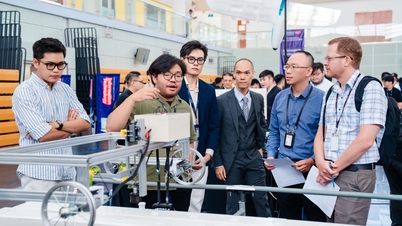

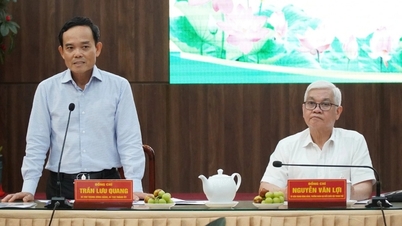
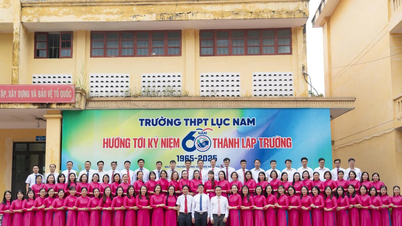
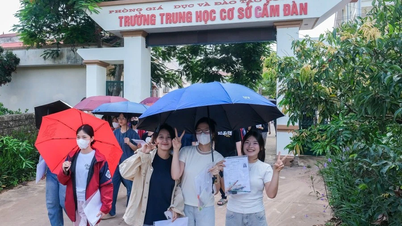






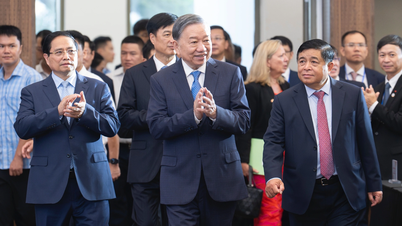

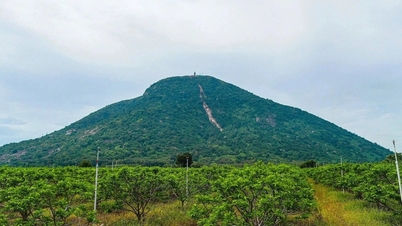

![[Photo] Panorama of the cable-stayed bridge, the final bottleneck of the Ben Luc-Long Thanh expressway](https://vphoto.vietnam.vn/thumb/1200x675/vietnam/resource/IMAGE/2025/9/30/391fdf21025541d6b2f092e49a17243f)
![[Photo] President Luong Cuong receives President of the Cuban National Assembly Esteban Lazo Hernandez](https://vphoto.vietnam.vn/thumb/1200x675/vietnam/resource/IMAGE/2025/9/30/4d38932911c24f6ea1936252bd5427fa)





















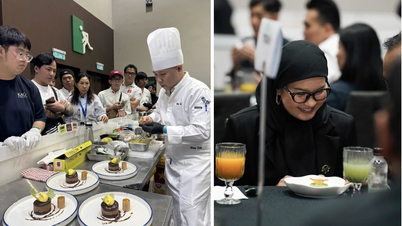

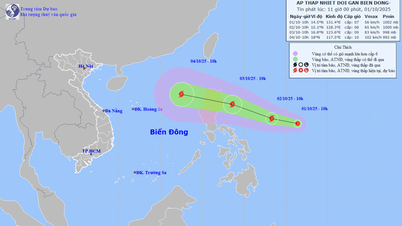
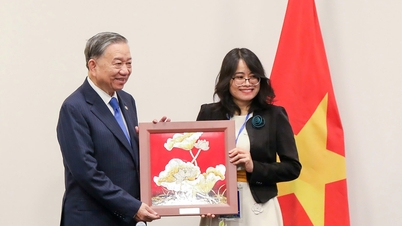




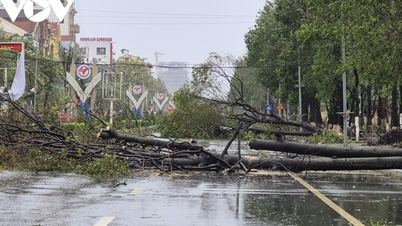

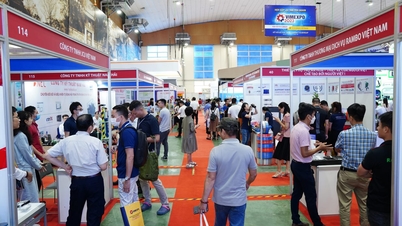


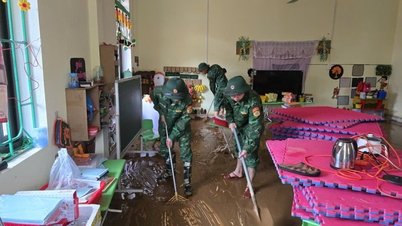



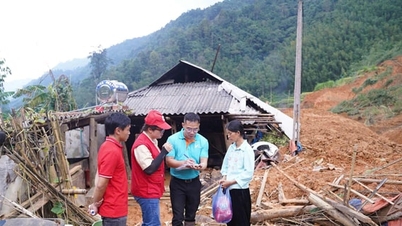



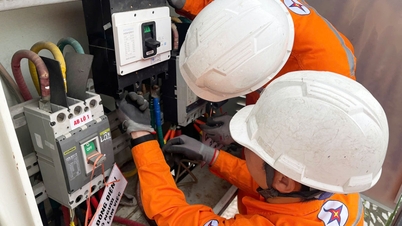
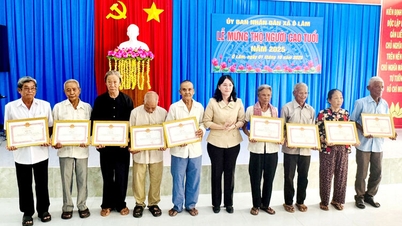















Comment (0)